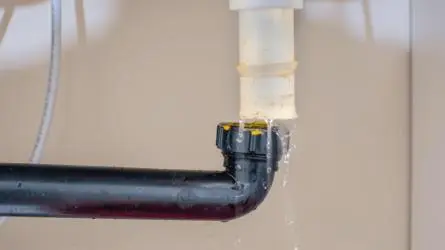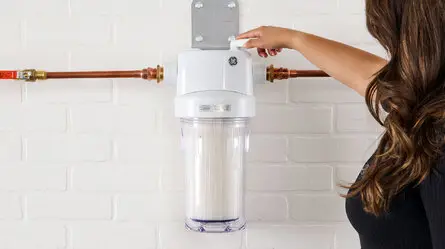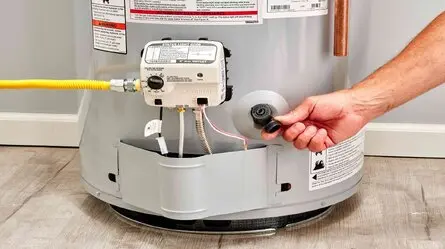Australian households are among the highest water consumers globally. According to a recent study, the average household uses around 340 litres per person daily. This highlights the need for water-efficient appliances to conserve resources and reduce bills.
Water efficiency ratings are your guide to finding appliances that use less water. Getting to grips with these ratings is key to making smart buying choices.
Opting for water-efficient appliances not only cuts down on water use but also saves money. These savvy decisions play a part in building a sustainable future.
For a smooth setup of these appliances, professional installation services are the way to go. Proper installation really boosts their efficiency and effectiveness.
Exploring Water Efficiency Ratings
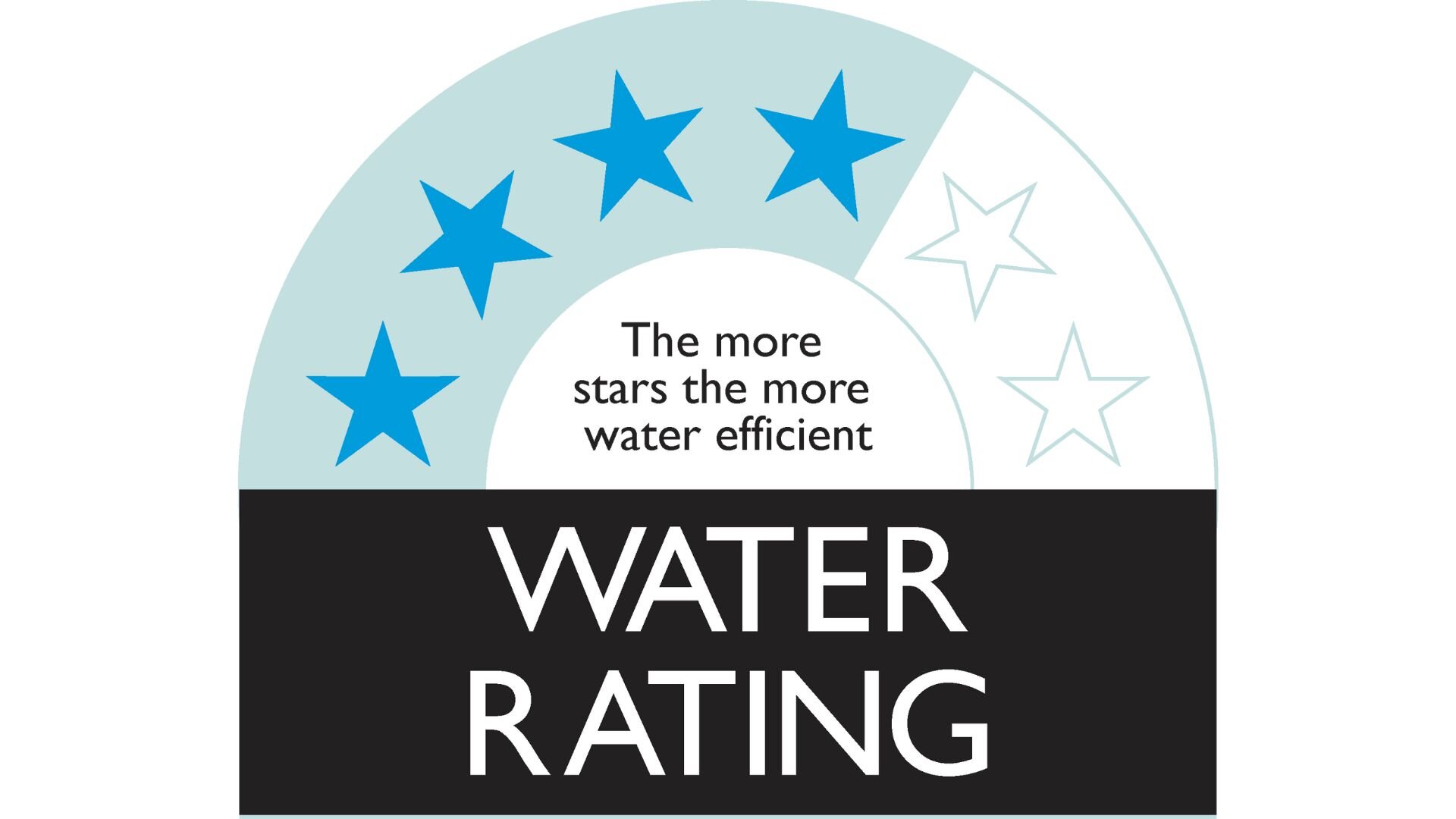
Water efficiency ratings are designed to help consumers identify appliances that use less water. These ratings are part of the Water Efficiency Labelling and Standards (WELS) scheme, which assigns stars to products based on their water usage. The more stars an appliance has, the more water-efficient it is.
The system works by measuring appliances’ water consumption in standard testing conditions. This information is then displayed on a label, making it easy for consumers to compare products when shopping. The ratings indicate not only the water consumption but also the potential savings on water bills.
The Australian Government manages the WELS scheme. It ensures manufacturers comply with water efficiency standards and provides consumers with reliable information. Key institutions involved include the Department of Agriculture, Water and the Environment, which oversees the implementation and regulation of these standards, ensuring that Australian households have access to water-efficient appliances.
Benefits of Water-Efficient Appliances
Water-efficient appliances play a crucial role in reducing household expenses. For Australian households, this means substantial savings over time, allowing families to allocate resources elsewhere.
Besides saving money, water-efficient appliances are great for the environment too. They cut down on water demand, preserving resources for future generations. These efforts are crucial in fighting droughts and promoting sustainable water use.
Using these appliances means using less energy too. With lower water usage, there’s less need for heating and pumping, which shrinks a household’s carbon footprint.
The Australian Government offers various incentives to encourage the adoption of water-efficient products. These may include rebates or discounts on highly efficient appliances, making it more affordable for consumers to make eco-friendly choices. These incentives aim to promote the widespread use of water-efficient appliances, supporting national sustainability and resource conservation goals.
Investing in water-efficient products helps households save cash and supports a healthier planet. So, picking these appliances is a smart and responsible choice for everyone.
Essential Appliances with Water Efficiency Ratings
When considering water efficiency in your home, focus on these significant appliances:
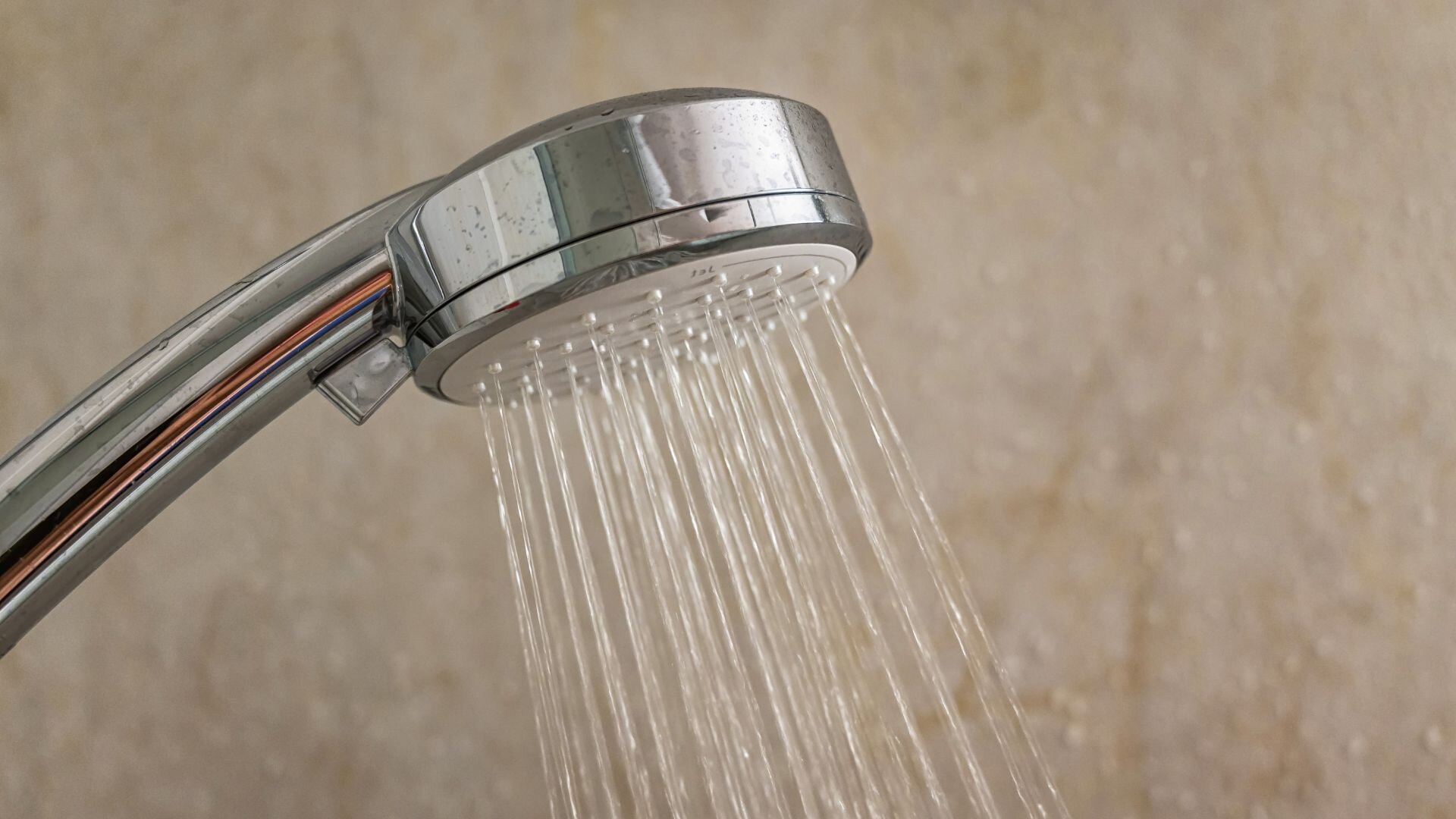
Washing Machines
Look for high-efficiency (HE) washing machine models that use less water and energy.
HE models are designed to save on utility bills using innovative technologies to minimise resource consumption. They often include advanced features to optimise the washing process, ensuring clothes are cleaned effectively with minimal environmental impact.
Features:
- Load-sensing technology adjusts the water level based on the load size. This technology helps prevent water waste by determining the amount needed for each load, ensuring efficiency without compromising cleanliness.
- Efficient rinse cycles reduce water usage while maintaining cleaning performance. These cycles are engineered to use less water without leaving detergent residues, providing a thorough, eco-friendly and effective rinse.
Dishwashers
Look for dishwashing models with Energy Star certification, indicating superior water and energy efficiency.
Energy Star-certified dishwashers are designed to use less water and energy, helping to reduce utility bills and environmental impact. These models often incorporate advanced technologies that enhance overall performance.
Features:
- Soil sensors detect the level of dirt and adjust the water usage accordingly. By analysing the cleanliness of the dishes, these sensors optimise water consumption, ensuring only the necessary amount is used for each wash cycle.
- Eco-wash cycles use less water and lower temperatures. They are ideal for lightly soiled dishes and conserve resources by reducing water and energy usage without sacrificing cleaning quality.
Toilets
Look for WaterSense-labeled toilets, certified to use 20% less water than standard models.
WaterSense-labelled toilets meet rigorous performance and efficiency criteria, making them an intelligent choice for conserving water and reducing utility costs. These toilets are designed to provide reliable flushing power while using significantly less water.
Features:
- Dual-flush systems offer a choice between a total or half-flush, conserving water. This feature allows users to choose between a full flush for solid waste and a reduced flush for liquid waste, optimising water usage based on need.
- Pressure-assisted flushing uses air pressure to reduce water usage while maintaining performance. These systems deliver powerful flushes with less water, ensuring effective waste removal and minimal water consumption.
How to Choose the Right Appliance
Evaluating water efficiency is crucial when selecting a new appliance. Start by checking the appliance’s Water Efficiency Label; the more stars, the better. Look for the Water Factor (WF) rating in washing machines, which indicates water usage per cycle. Lower WF values mean greater efficiency.
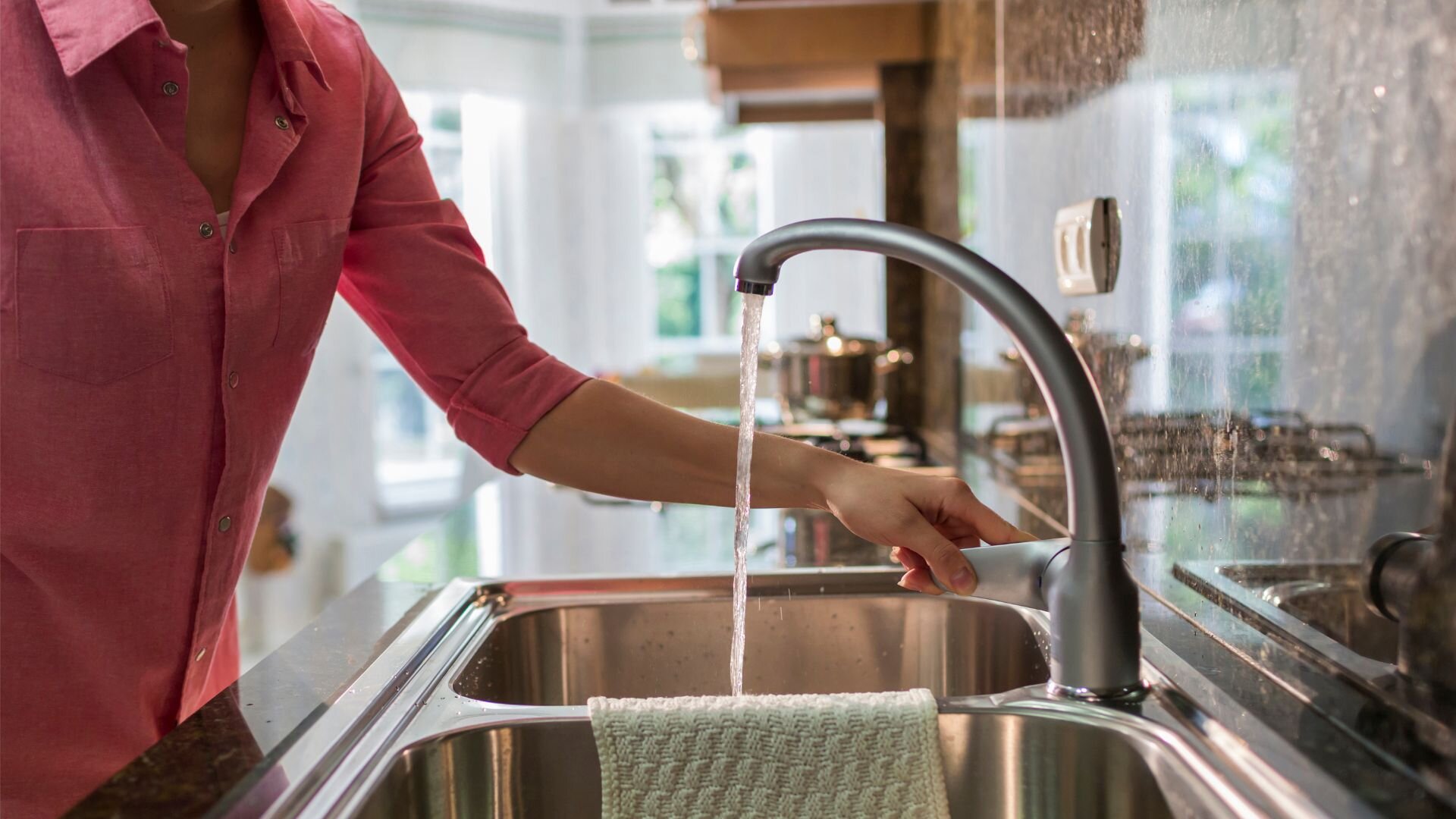
Ask these questions while shopping:
- What is the appliance’s water efficiency rating?
- Are there any rebates for purchasing high-efficiency models?
- How does the appliance’s lifecycle cost compare to less efficient models?
Balance cost with efficiency by considering long-term savings. While high-efficiency appliances may have a higher upfront cost, reduced utility bills often offset this expense.
Calculate potential savings using online tools that compare energy and water usage over time. Prioritise appliances that offer a blend of affordability and efficiency to maximise both your budget and environmental impact.
Make Every Drop Count
Choosing water-efficient appliances is not just an environmentally responsible decision; it’s a smart financial move. Investing in these appliances conserves a precious resource while reducing utility bills.
Over time, the savings on water and energy costs can be substantial, making this choice beneficial for both the planet and your wallet. Prioritising efficiency today ensures a sustainable future for generations to come.
At Woolf Plumbing, we pride ourselves on our expertise in appliance installation. Our skilled team is committed to helping you make informed decisions that enhance your home’s efficiency. Whether you’re upgrading your current systems or installing new ones, we ensure a seamless and professional experience.
For expert advice and top-notch service, contact Woolf Plumbing today. Let us help you make every drop count.


